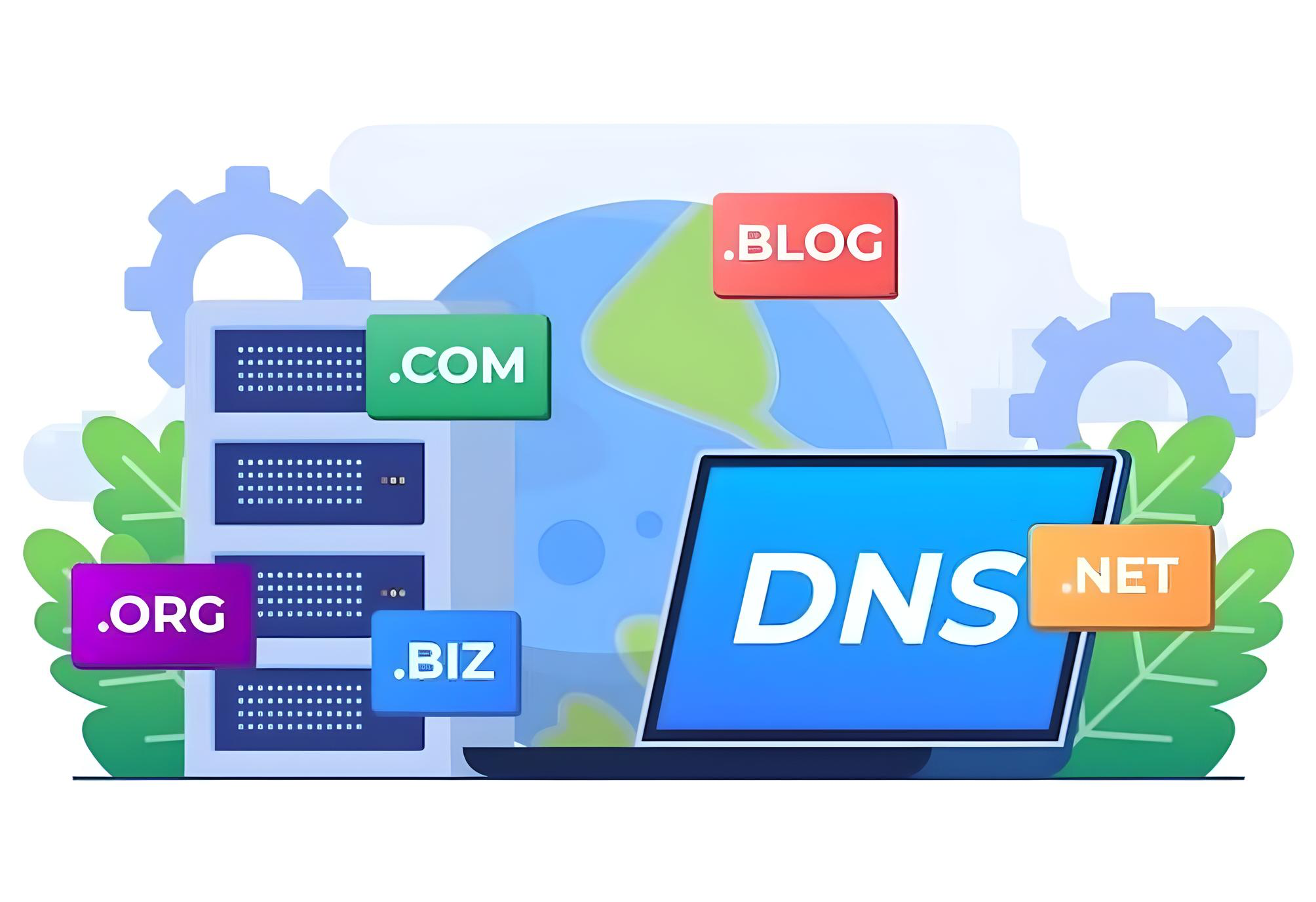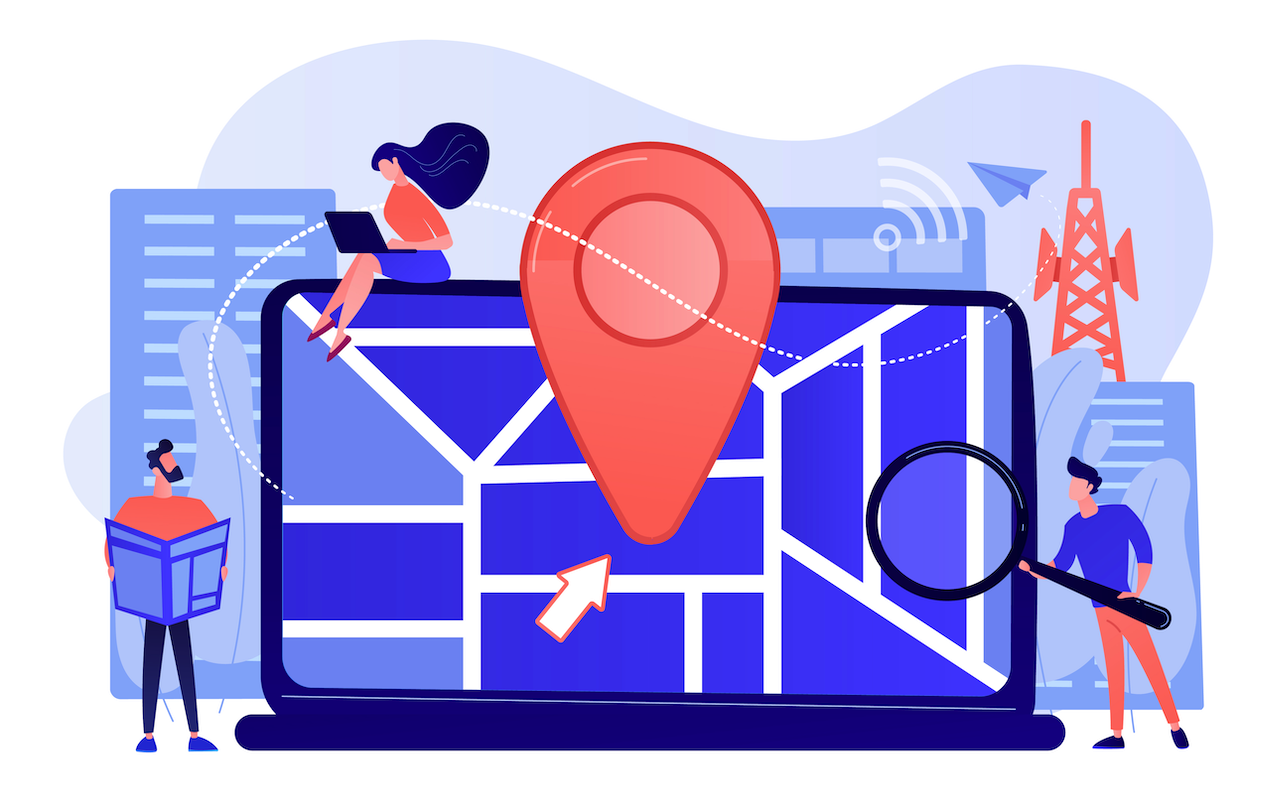
We cannot avoid using the internet in today’s digital world. We need it for communication, work, and even social interactions with dear ones. However, the internet is also risky- many suspicious activities can expose our data and sensitive information. For instance, someone can send malware to your device or even track your history and steal your device’s vital data. These, among other activities, are potential cyber risks you should avoid.
You can use many effective methods to stay safe when online, one of which is proxies. A proxy creates a barrier between your device and the website you visit. As such, it keeps you anonymous on the websites and protects your devices from possible threats. The proxies come in varying types, and today, we address the issue of their legality and safety. Keep reading to learn more.
Legality of Proxies

Proxy products are legal but should be used responsibly. For the best experience, you want reliable proxy products such as NetNut proxy products that mask your online identity effectively so that others cannot track your history. That’s not all; you can also use a proxy server to:
- Hide your IP address when you need to access websites with geographical barriers
- Block traffic from the websites you don’t wish to see their content.
- Filter outgoing traffic to a website with malicious content.
- Control your internet usage by blocking unwanted ads.
- Improve your security by encrypting some web requests.
All of the above are genuine reasons, and using proxy products for them is generally legal.
However, it’s illegal to use proxies in the wrong way. One bad way is to use the products to hide your identity so that you can carry out malicious activities. This is a common practice that many cyber hackers use, and it can bring serious legal issues when you are found.
Another illegal way of using proxies is to access blocked websites or websites your organization has blocked because of their content. For instance, if the organization you work for has blocked some websites and you use a proxy secretly to check them, that can be an illegal practice.
You should always confirm the legality of proxy products in your country or jurisdiction before using them.
Safety of Proxies

Proxies are generally safe to use, which is why they are popular. However, their safety depends on many things. For instance, paid proxies are safer than free ones. This is because free ones attract many people, making it easier for people to track your history.
If you need a secure proxy, it’s advisable to consider a private, paid one. A managed one is even better because your provider regularly monitors its performance to ensure no one gains access to your sensitive details and that your online activities remain safe.
How to Use Proxy Products Safely and Legally?
Consider the following practical tips when using proxies to increase safety and avoid legal issues.
1. Get your Proxies from a Reputable Provider
There are many providers for proxies nowadays, and you can’t trust them all. When looking for a proxy, you should check reviews to determine their trustworthiness. You can also look at their portfolio to see how many clients they have dealt with. A reliable provider will maintain high transparency, and the proxies will be generally safe.
2. Don’t use Free or Public Proxies
Free proxies are often the cheaper options, but they are not safe. Some of them may allow malicious ads and may not perfectly hide your data. They may also reveal your search history, increasing your vulnerability to cyber-attacks.
3. Limit the Use of Proxies

You can use proxy products when web scraping, but not in everything you do online. For instance, you can avoid using them when logging in to bank accounts or other areas with sensitive data.
4. Use VPNs
Sometimes, proxies may not be enough to mask your IP address. If you run a company or handle clients’ sensitive information, you can increase the safety of your proxies by using them alongside VPNs. Doing so increases your data encryption, making it hard for unauthorized persons to access your sensitive details.
5. Obtain Consent
Not all websites allow traffic from people using proxies. When you come across such websites, you should always ask for consent to avoid legal problems. You should also check the terms and conditions of web scraping well for that particular website to make an informed decision.
6. Seek Guidance When Necessary
Lastly, you should always seek help and clarification where necessary. Proxies are still new, and you may not be conversant with them. Instead of unknowingly using them for the wrong reasons, you should seek professional help. You can consult your proxy provider or any other trustworthy person who understands proxies.
Conclusion
Proxies are safe and legal when you use them in the right way. If you intend to add them to your cybersecurity practices, gather the correct information you need to know about them first. After that, find a reliable provider that offers managed services. Lastly, use your proxy products in legal ways to avoid legal problems.
Share this post
Leave a comment
All comments are moderated. Spammy and bot submitted comments are deleted. Please submit the comments that are helpful to others, and we'll approve your comments. A comment that includes outbound link will only be approved if the content is relevant to the topic, and has some value to our readers.



Comments (0)
No comment